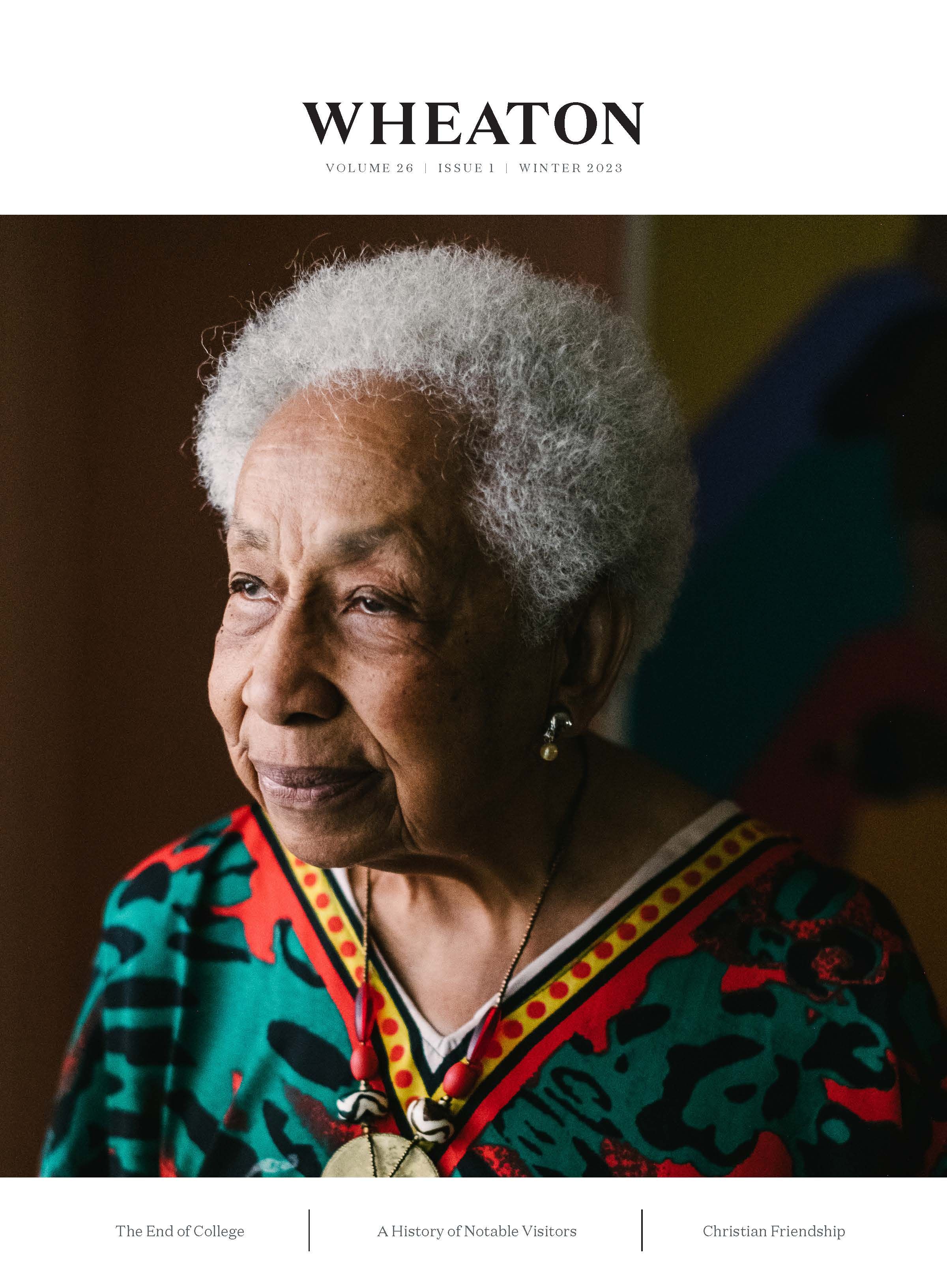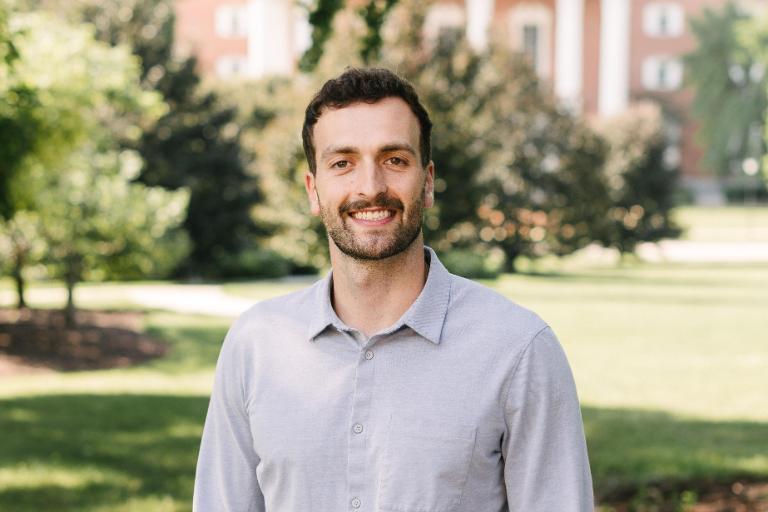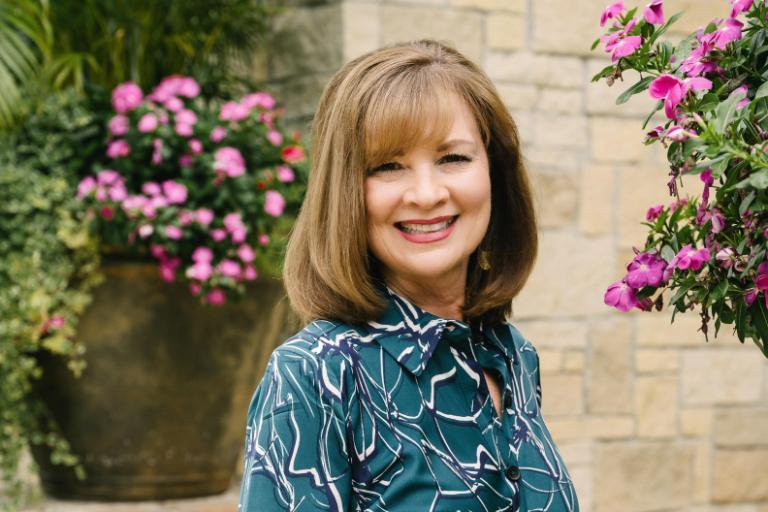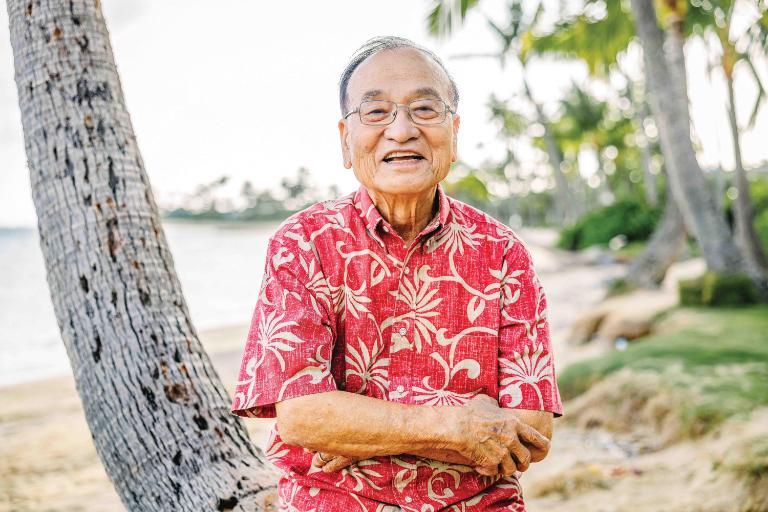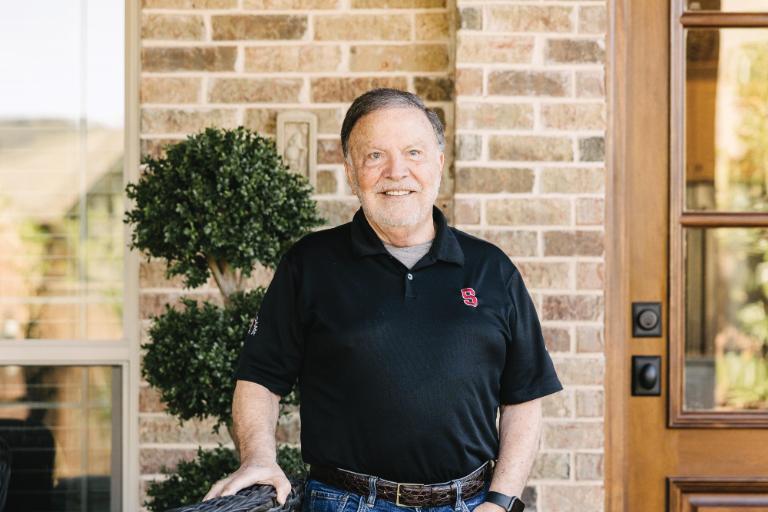Without Borders
After studying international relations at Wheaton College, Ariana Schmidt ’16 took her passion for restoration to Greece, Iraq, and Moldova, where she aided in humanitarian efforts to rebuild communities amid crisis.
Words: Peter Biles ’20
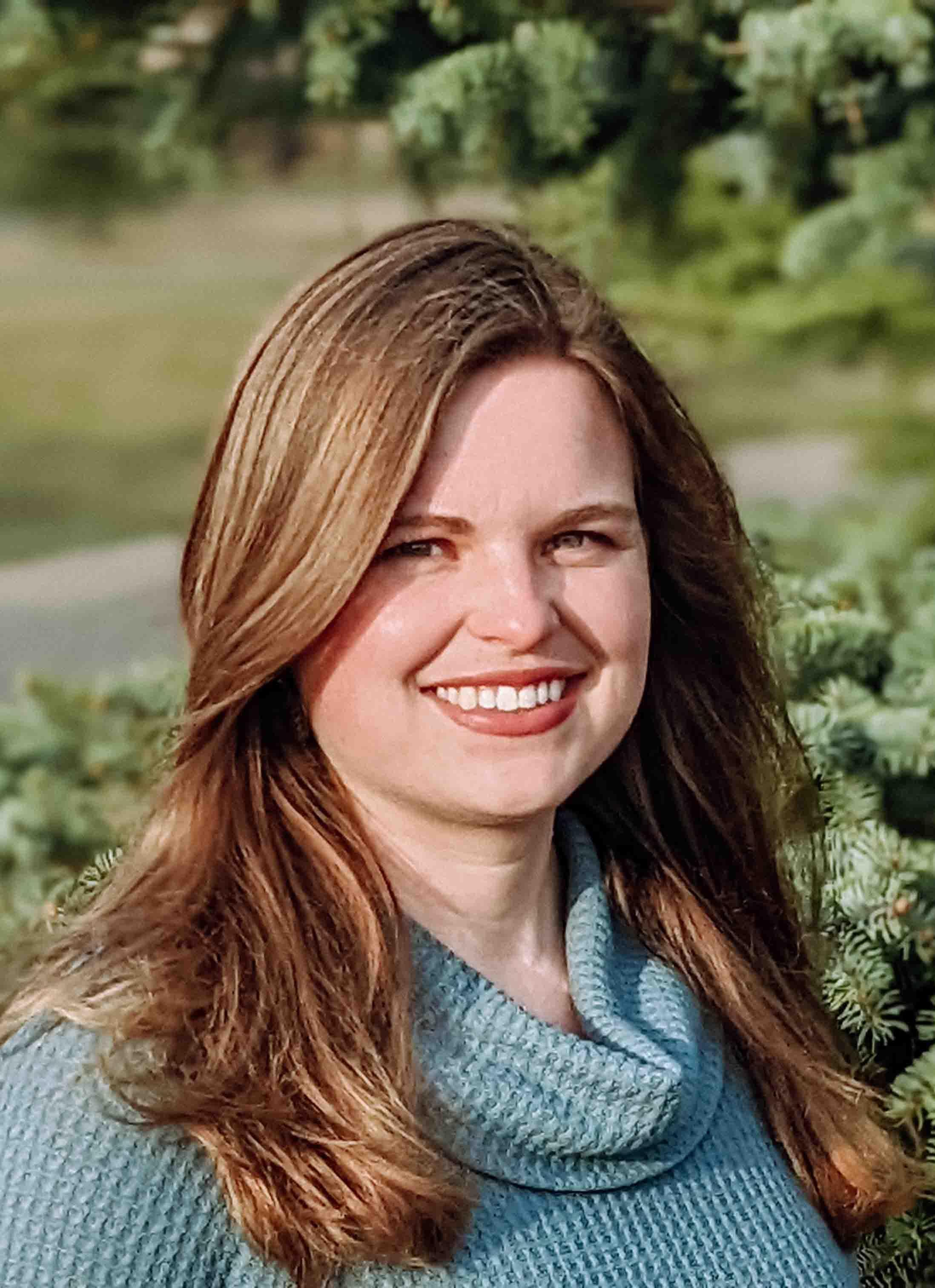
Packing up and moving at a moment’s notice has always been the norm for Ariana Schmidt ’16, who spent her childhood moving across the world—from Canada to West Africa and finally to Nebraska, which she now considers her home base. Her time at Wheaton, during which she studied international relations and French, gave her opportunities to practically apply her major and traveling experience in the global development sector.
After graduation, Schmidt interned for a Greece branch of Samaritan’s Purse, an international nonprofit organization that provides humanitarian aid across the world to communities in need. A few months later, in March 2017, she was relocated to Iraq for what she assumed would be a temporary stay.
When she first arrived, the country was still grappling with the aftermath of the Islamic State group that swept through much of the Middle East in the mid-2010s. Samaritan’s Purse was involved in a number of relief programs, providing medical attention, infrastructure repair, and mental health counsel. “We definitely need emergency first responders,” she said. “But the rebuilding and repairing aspects are really what excite me.”
Schmidt ended up spending five years in Iraq, serving as a senior programs manager for Samaritan’s Purse. Her primary role involved leading a grant-writing proposal to replace a multimillion-dollar irrigation system in a recently liberated community. The system had been entirely destroyed, and Schmidt came face-to-face with the perseverance it takes to translate an idea into on-the-ground action.
Schmidt left Iraq in December of 2021 and returned to Canada for a couple of months to prepare for graduate school, but her time away from the field didn’t last long. She soon received a call from Samaritan’s Purse asking if she would help with the organization’s humanitarian efforts in Ukraine which continues to reel from ongoing Russian attacks. Almost as quickly as she’d returned, Schmidt headed back overseas to Moldova, where she and her colleagues partnered with local churches to provide shelter for Ukrainian refugees. “It was always encouraging seeing the church in these different countries and seeing how God is using them,” she said. “Moldova is never somewhere that was on my list to visit, but it was encouraging seeing the way that God is working through his church there to bless people.”
Despite the destruction and grief she has encountered all over the world, Schmidt has persevered in her work. The church in Iraq, she noted, has been around for centuries, and portions of the population, formerly unchurched, are starting to experience transformation through the gospel. “Every community has its pain, and every community has its brokenness,” Schmidt reflected. “Maybe it’s not on the scale that I dealt with before, but you see it everywhere.”
After five years spent in the field, witnessing the renewing grace of the Holy Spirit amid terrible tragedy, Schmidt is returning to her studies at the American University in Washington D.C. to pursue a Ph.D. in international relations with a focus on immigration refugee work. Although she’s not sure if she’ll continue with Samaritan’s Purse after her program, she wants to return to the field, perhaps as a scholar-practitioner, and continue to partner with churches around the world to bring healing and restoration to their communities.
